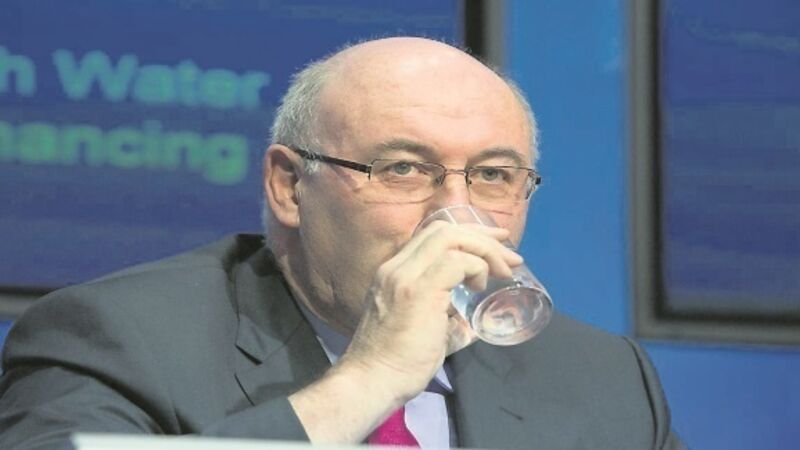Stephen Cadogan: Fasten your seat belts: CAP reform starts to move again

The EU’s new Common Agriculture Policy will have to have a higher level of environmental ambition, summed up Commissioner Phil Hogan this week.
Kicking off the post-2020 CAP reform, he said the most pressing challenge is ensuring food security and a fair income for farmers, while the sector adapts to climate change and a more conscious use of natural resources.













